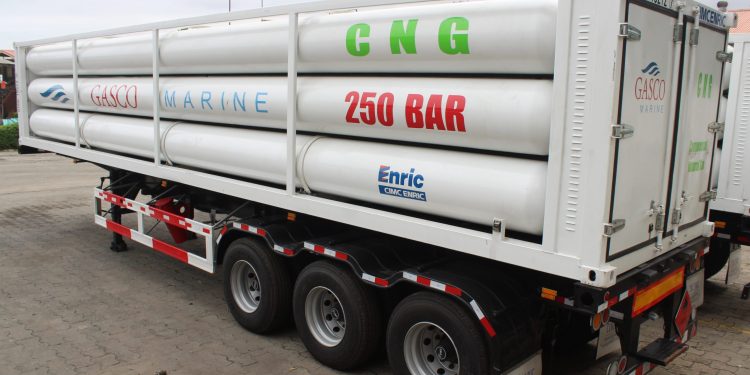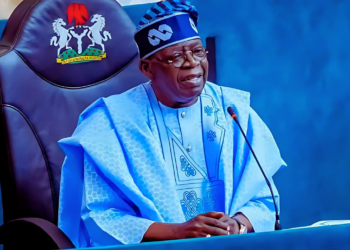Lagos, August 20, 2023 – As Nigeria’s automotive landscape undergoes a transformative shift towards Compressed Natural Gas (CNG), some prominent voices within the Oil and Gas sector have voiced concerns over the potential affordability of vehicle conversions for the general populace.
Diverse experts, engaging in individual interviews with various media outlets, have expressed reservations regarding the financial feasibility of transitioning vehicles to CNG. In light of this, there have been calls for governmental subsidies to facilitate the transition and encourage broader adoption of this alternative to traditional petrol.
While applauding the government’s progressive move to counterbalance the repercussions of fuel subsidy removal, these industry pundits have highlighted apprehensions about the competence of entities responsible for the vehicle conversion process.
Lending his insights to the discourse, Ayobami Olarinoye, the Branch National Chairman of the Liquefied Petroleum Gas Retailers (LPGAR), has emphasized the importance of a meticulously planned conversion process. Olarinoye asserted that those tasked with handling the conversion kits should be well-equipped, adequately trained, and held to rigorous industry standards to avert instances of consumer exploitation. Ensuring strict adherence to quality benchmarks, he stressed, is crucial to prevent any potential pitfalls in this transition.
Olarinoye went on to commend the CNG initiative as a commendable stride by the Federal Government. In his words, “CNG presents an avenue to supplement the downstream sector, serving as both a cushion and a petrol alternative. By reinforcing existing safety measures and instituting new ones specific to the oil and gas domain, the negative impacts of CNG can be minimized. A comprehensive public awareness campaign on this matter is imperative.”
Meanwhile, Alhaji Debo Ahmed, President of the Independent Petroleum Marketers Association of Nigeria (IPMAN), lauded the diversification of fuel options. He hailed this development as a long-awaited stride, describing CNG as a distinct product that fulfils the same purpose as petrol. According to Ahmed, this shift signifies a paradigm of choice rather than monopoly, fostering a healthy competitive atmosphere in line with market deregulation.
Analysing the cost dynamics, Ahmed elucidated, “Unlike petrol, which fluctuates due to foreign exchange market shifts, CNG’s cost is influenced differently. The advent of competition between petrol and CNG brings about a preference-driven pricing advantage.
“If the government adheres to the National Gas Expansion Programme’s conversion cost strategies, this payment can be made in manageable installments – a pay-as-you-purchase approach for CNG, with an option to revert to petrol if CNG isn’t accessible. It’s essentially a dual-purpose transition, promoting convenience.”
While lauding President Bola Tinubu’s August 18 decision to establish the Presidential Compressed Natural Gas Initiative (PCNGI) for nationwide gas-powered vehicle adoption, experts are now keeping a watchful eye on potential outcomes.
As the shift towards CNG gains momentum, the future landscape could witness significant changes in energy consumption patterns and vehicle preferences. The key will be the government’s ability to alleviate public concerns by ensuring affordable conversion costs while maintaining an uninterrupted supply of both petrol and CNG. The path ahead promises a shift in dynamics, reshaping how Nigerians fuel their vehicles and view their energy choices.












